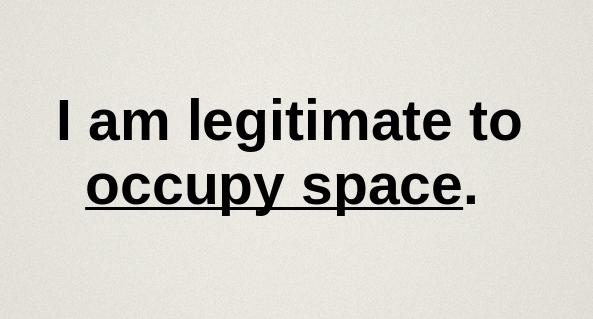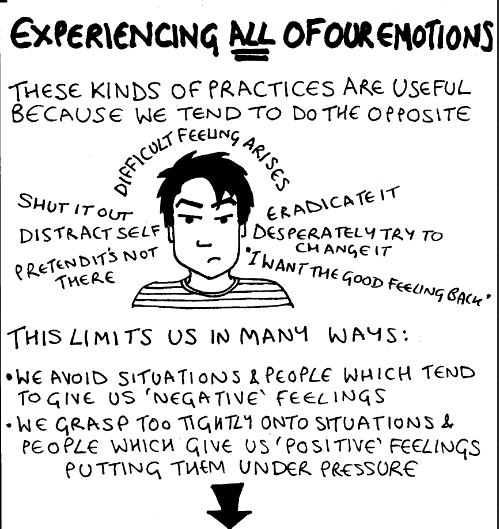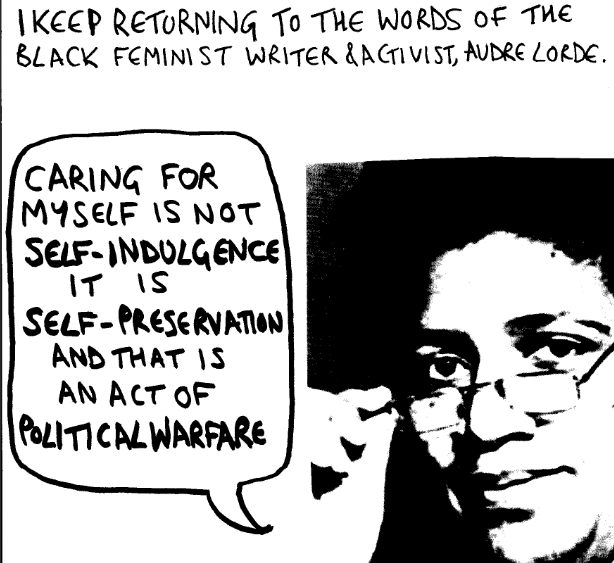really usefull this workshop of tactical tech about.. choose where is your space in the internet…
This activity explore features that web-hosting providers offer. It will map them with participants expectations for issues such as reliability or full-time support versus ideological and political perspectives and desires.
So they provide a list of feautures where thw group can choose the priorities
- Inexpensive
- Customer Service
- Usability
- Feature-full
- Reliability
- Security
- Data sovereignty
- Privacy
- Diversity
- Politics
- Local
The material for the workshop
Features
– Inexpensive: How inexpensive is it compared to other similar services.
– Customer Service: Can I talk to a human being in my language?
– Usability: How intuitive is to use?
– Feature-full: How many features does the service provide (e.g. good performance, control panel,
amount of options per web service, self-installed plugins and themes, etc)?
– Reliable: Is it available all the time, the whole year? How probable is it that the provider will shut
down?
– Secure: How resistant is the server to attacks?
– Data sovereignty: Can you export, own and control your data stored on their servers?
– Privacy by design:
Is
privacy taken into account when designing the technology used in the
infrastructure (e.g. not keeping historical data of users for long periods of time, not capturing user
data that can reveal their specific geographical location, choosing software that encrypts data by
default, etc)?
– Does the tech they use include plans in case that the government confiscates their servers?
– Does the service leak data unintentionally (e.g. through a ‘back door’) to governments,
corporations or possible attackers?
– Does the service profit from your data being stored on their servers?
– Diversity: How diverse is the group of people that are running the tech infrastructure behind the
services?
– Consent-minded technology: Does it respect the users’s decisions?
– Common values and politics: How important is that their politics align with our own?
– Local: Is it from your community, does it include local allies, identity-wise (sexual orientation,
gender, race, class, diverse cognitive/physical functionality, etc)?
Here the full workshop:
https://en.gendersec.train.tacticaltech.org/


 ___________________________-
___________________________-

